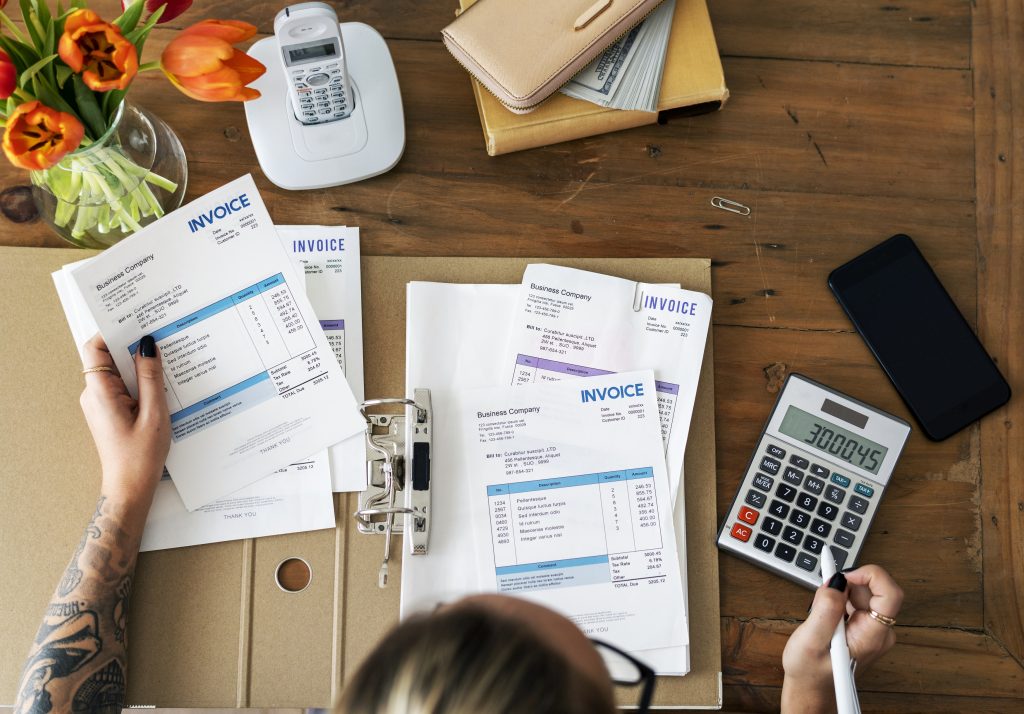Pattaya Accounting Service
Keeping track of taxes and accounts can be a tricky business, and there is a range of legalities to follow, boxes to tick, and forms to fill. To help make your life easier, we have put together a guide to accounting, which can help you stay calm, organized, and totally in control.

Standard accounting requirements in Pattaya
One of the most important standard accounting requirements to be found in Pattaya is the annual audit. Every company in Pattaya is required to prepare and keep accounts. The only exception to this is those working in private capacities.
These accounts must be written following the Thai Accounting Standards, formulated by the Institute of Certified Accountants and Auditors of Thailand. They are required to display a ‘true and correct’ image of any assets and expenses owned by the company.
Once drafted, the statements must be examined and certified by a licensed accountant, and approved by the Annual Shareholders’ Meeting within four months after the close of the accounting year. The company has one month to submit these statements to the Revenue Department and the Commercial Register; failure to comply may result in a fine of up to 200,000 THB. These accounts must be kept at the company’s registered address for a minimum of five years.
All companies must apply for a Taxpayer Identification Number (TIN) within 60 days of incorporation. This will serve for CIT, Withholding Tax and VAT purposes. Any company subject to a CIT must also make a half year tax prepayment, estimating annual net profit and tax liability.

Monthly Bookkeeping
Monthly bookkeeping is essential for keeping and maintaining thorough and accurate records and will be imperative to making your life easier when the time comes to file taxes. This can be done manually, using physical books and papers, or using a cloud accounting software which takes care of many tasks for you. This includes duties such as recording expenses, monitoring outgoings, dealing with invoices and paying employees, as well as keeping records to help your tax returns run smoothly.
Social Security and Salary Tax Filing
Thailand is unique in allowing employees a choice over whether their employer deducts tax from their salary or they save each month and submits the payment themselves at the end of the year. Unless you and your employee have an agreement, you are not responsible for their income tax.
Social security, however, is a different matter. If your company employees one or more employees aged between 15 and 60, you are responsible for registering and submitting their Social Security Fund application to the Social Security System of Thailand within 30 days of them starting work. Any changes to employment must also be made by the 15th of the following month.

VAT Reporting
If your business turns over more than 1,800,000 THB a year, you are required to register for VAT within 30 days of reaching this turnover. All VAT returns and outstanding VAT must be paid to the revenue by the 15th of each month paid in arrears. Failing to pay VAT or paying late can result in hefty fines, so it is best to be prepared.
Yearly Balance Sheets
A balance sheet is an overview of the assets and liabilities of a business and must be prepared and filed at the end of each annual period. Even if your company has not traded, you must still submit a balance sheet which has been certified by a licensed accountant –failure to comply could result in a fine of 200,000 THB.
Any new business must close its first accounting year within 12 months of registration, and every 12 months after that. This includes the preparation and filing of the balance sheet.

